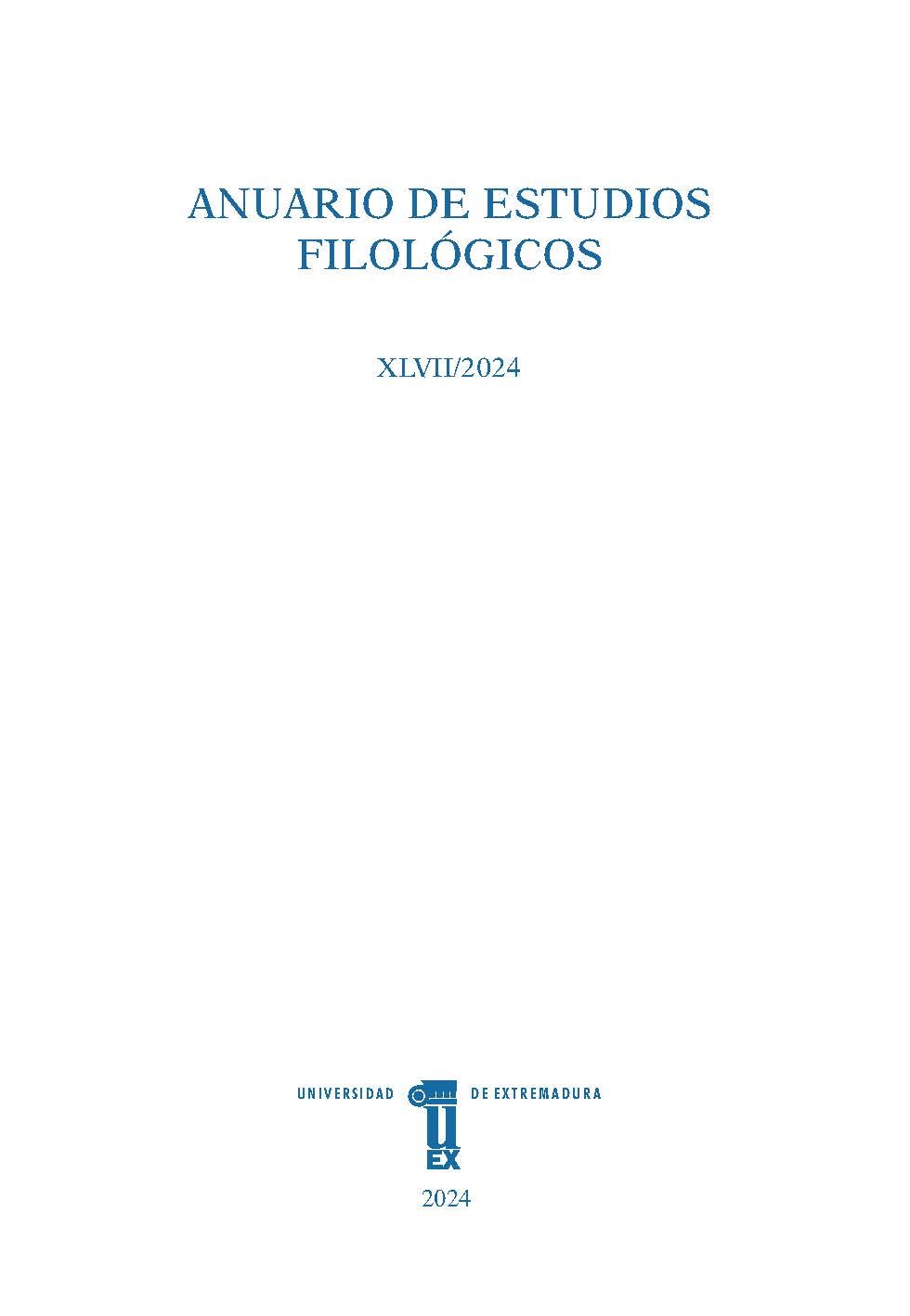From the Holocaust to the refugee crisis. Anti-semitism and Islamophobia in Vladimir Vertlib's Viktor hilft
DOI:
https://doi.org/10.17398/2660-7301.47.123Keywords:
antisemitism, Vertlib, refugee crisis, multidirectional memoryAbstract
In many of his novels, the Austrian writer of Russian-Jewish origin Vladimir Vertlib explores both the anti-Semitic past in Central Europe and the experiences of violence and discrimination that Eastern European Jews went through in the 20th century. In his novel Viktor hilft (2018), Vertlib also links the experience of the Jewish diaspora to the so-called European refugee crisis, which intensified from 2015. This work analyzes how the suffering of persecution and discrimination of different groups of victims are linked in the novel. Firstly, the analysis focuses on the protagonist’s memory process, which integrates the experiences of refugees from Muslim countries when processing his childhood memories. Secondly, the mechanisms of the text are studied to problematize how the Holocaust and the current refugee crisis are linked in public discourses.
Downloads
References
ASSMANN, Aleida (2013): Das neue Unbehagen an der Erinnerungskultur. Eine Intervention. München: C.H. Beck.
BESCANSA, Carme (2021): «Prospektives Gedächtnis, prospektive Heimat: Eine ethische Haltung in Vladimir Vertlibs Roman Viktor hilft». In Iztueta, Garbiñe et al. (Hrsg.): Heimat und Gedächtnis heute. Literarische Repräsentationen von Heimat in der aktuellen deutschsprachigen Literatur. Bern: Peter Lang, 53-66 (https://doi.org/10.3726/b18334).
CONFINO, Alon und FRITZSCHE, Peter (2002): «Introduction». In Confino, Alon und Fritzsche, Peter (Hrsg.): The Work of Memory. New Directions in the Study of German Society and Culture. Urbana-Chicago: The University of Illinois Press, 1-21.
HAINES, Brigid (2009): «Poetics of the Gruppenbild: The fictions of Vladimir Vertlib». German Life and Letters, 62.2, 233-244 (https://doi.org/10.1111/j.1468-0483.2009.01459.x).
HALBWACHS, Maurice (1994): Les cadres sociaux de la mémoire. Paris: Albin Michel.
HENKE, Daniela (2020): «Von der Singularitätsthese zur Ko-Erinnerung: Prolegomena zu einem Paradigmenwechsel». In Henke und Vanassche (2020: 3-20).
HENKE, Daniela und VANASSCHE, Tom (Hrsg.) (2020): Ko–Erinnerung. Grenzen, Herausforderungen und Perspektiven des neueren Shoah-Gedenkens. Berlin-Boston: Walter de Gruyter (https://doi.org/10.1515/9783110622706).
KAISER, Konstantin (2008): «Erster Versuch über Tamar Radzyner». In Kucher, Primus-Heinz et al. (Hrsg.): Ohnmacht und Empörung. Schriften 1982-2006. Wien-Klagenfurt: Theodor Kramer-Drava, 325-337.
KNITTEL, Susanne C. (2015): The Historical Uncanny. Disability, Ethnicity, and the Politics of Holocaust Memory. New York: Fordham University.
LEVY, Daniel und SZNAIDER, Nathan (2006): The Holocaust and Memory in the Global Age. Philadelphia: Temple University.
MIŠA, Glišič (2019): «Hybride Konstruktionen als identitätsstiftende Verortung in Vladimir Vertlibs Roman Viktor hilft». Studia theodisca, 26, 5-23 (https://doi.org.10.13130/1593-2478/12277).
ÖTTL, Johanna (2020): «Flüchtlingskrise und NS-Erinnerung: Zu einem aktuellen Diskurs bei Norbert Gstrein und Vladimir Vertlib». In Henke und Vanassche (2020: 99-118).
ROTHBERG, Michael (2009): Multidirectional Memory. Standford: Standford University.
TABERNER, Stuart (2021): «Narrative and Empathy: The 2015 Refugee Crisis in Vladimir Vertlib’s Viktor hilft and Olga Grjasnowa’s Gott ist nicht schüchtern». German Life and Letters, 74.2, 247-262 (https://doi.org/10.1111/glal.12299).
VERTLIB, Vladimir (2018): Viktor hilft. Wien: Deuticke.



